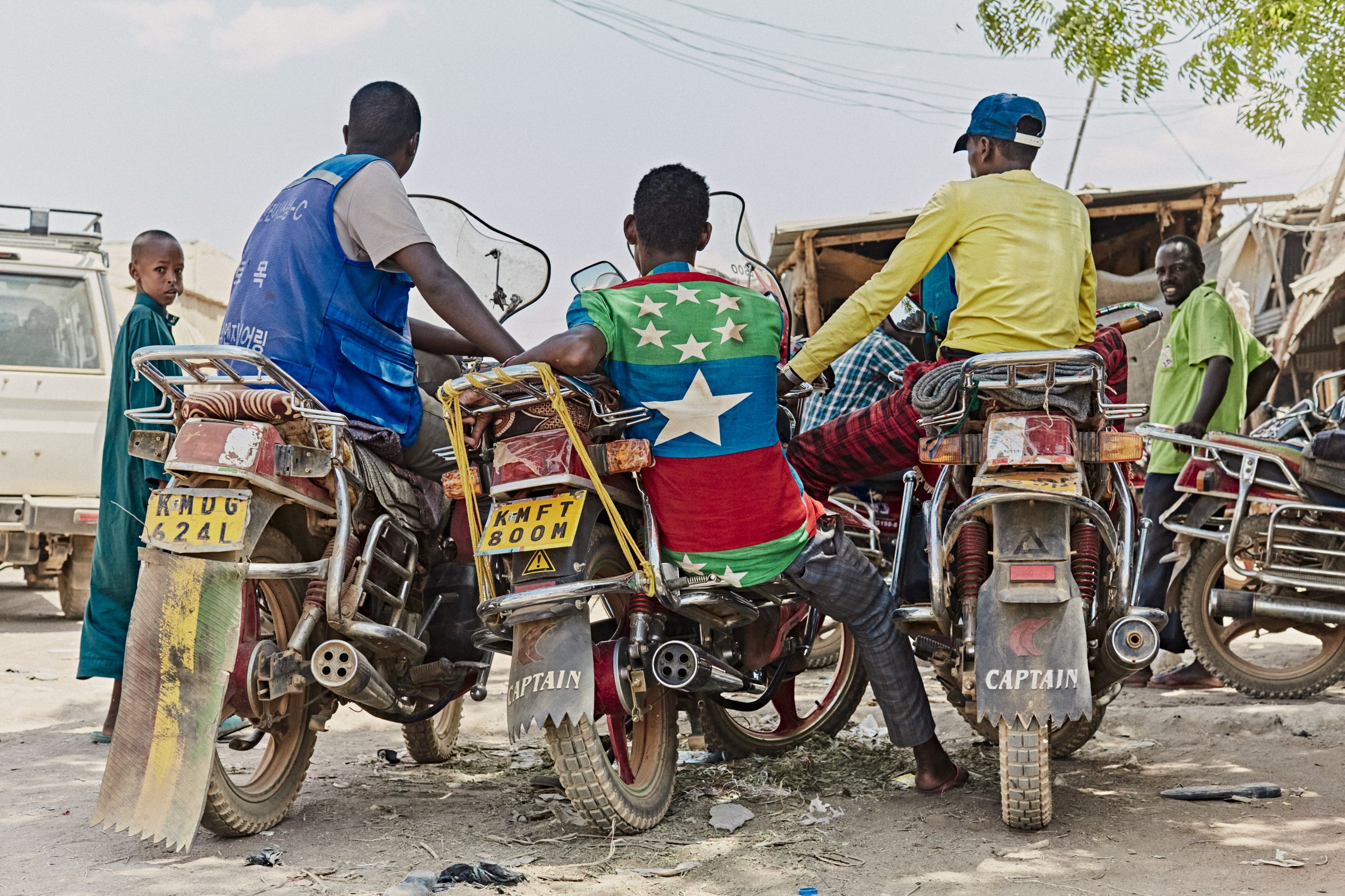The Joint Labour Migration Programme (JLMP) is a long-term joint initiative of the African Union, the International Labour Organization (ILO), the International Organization for Migration (IOM), and the United Nations Economic Commission for Africa (UNECA) in coordination with relevant partners operating on the African continent, development cooperation actors, private sector organisations and civil society organisations (CSOs).
This Practical Guide offers instructions and a step-by-step process to develop a State-led accessible, rights-based and gender-responsive reporting mechanism for women and men migrant workers. It provides clear instructions for concerned State authorities to understand how to set up and run a State-led reporting mechanism that is gender-responsive and maximises safety and effectiveness.
Moreover, this guide has been informed by and aligned with the main standard setting documents and frameworks on the subject, such as the African Charter on Human and Peoples’ Rights, Protocol to the African Charter on Human and Peoples’ Rights on the Rights of Women in Africa, AU Declaration on the Protection and Promotion of the Rights of Migrant Workers and the AU Guidelines on Developing Bilateral Labour Agreements (BLAs), as well as the African Union’s Migration Policy Framework for Africa (AU MPFA 2018-2030) and the United Nations Guiding principles on business and human rights.
Read full report here.
Read More













